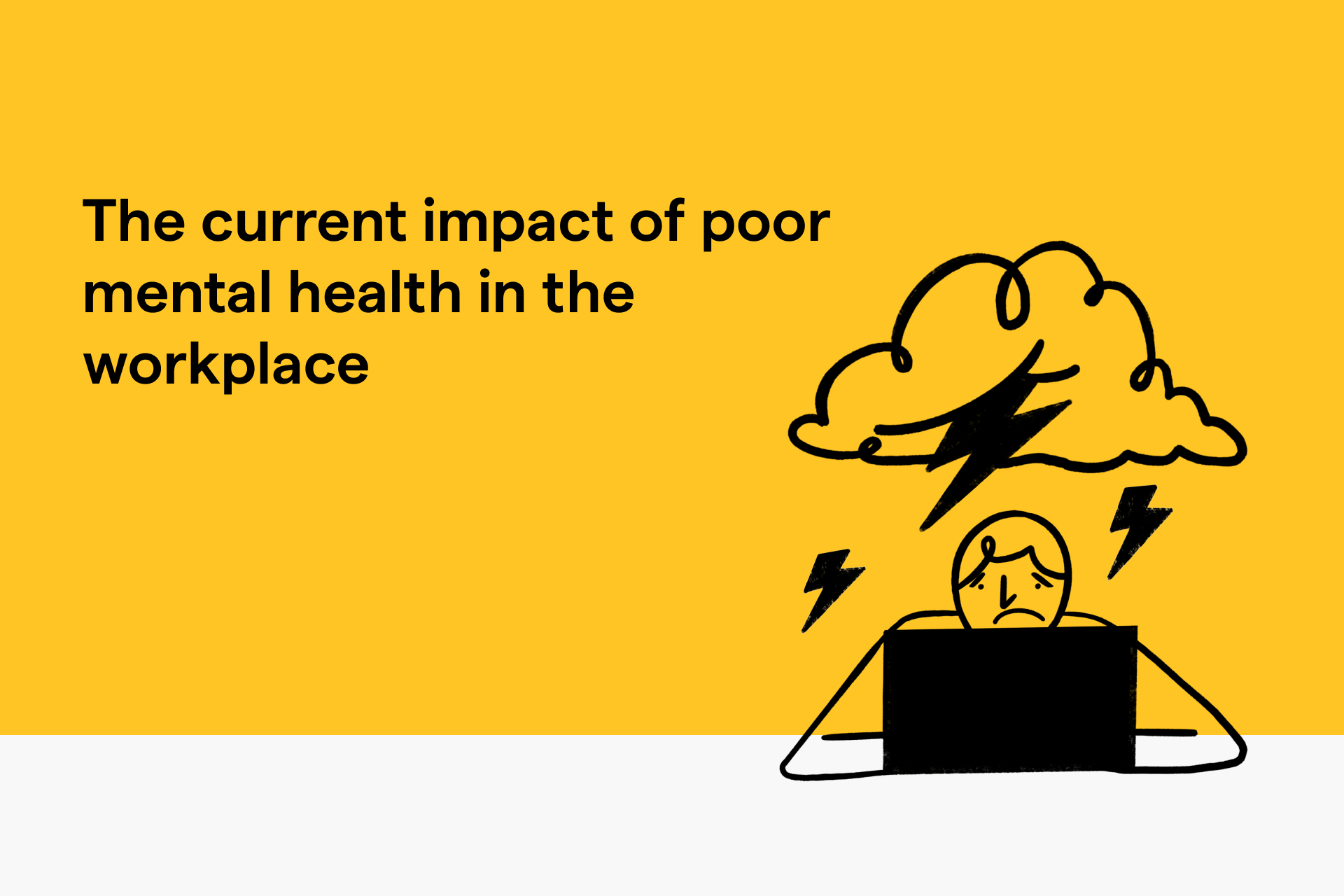
Individual
A self-facilitated program to boost your mental fitness for personal and professional growth
This website will offer limited functionality in this browser. We only support the recent versions of major browsers like Chrome, Firefox, Safari, and Edge.

Select the experience that fits your needs

A self-facilitated program to boost your mental fitness for personal and professional growth

A self-facilitated mental fitness program with exclusive pricing for 2 to 25 individuals

Explore coach-led mental fitness programs with workshops tailored to your organization
Mental Fitness

An estimated 12 billion working days are lost every year globally to depression and anxiety, at a cost of $1 trillion per year in lost productivity. There’s a mental health crisis in the world — and it’s becoming a workplace predicament, too.
Every day, everywhere, people from all walks of life are suffering from an invisible plague: poor mental health. Nearly 300 million people in the world today suffer from depression, according to World Health Organization data. Suicide is the fourth leading cause of death for 15- to 29-year-olds. Those with mental health conditions can face challenges from the effects of stigma, access to treatment, and related physical illnesses.
A resounding 90% of U.S. adults agree that the country is experiencing a mental health crisis, according to a CNN/Kaiser Family Foundation poll.
Across Europe, nearly half of the surveyed workers say their work stress has increased as a result of the pandemic, according to EU-OSHA’s workers’ survey.
In Asia, more than a quarter of employees have reported symptoms of depression and anxiety, which, among other implications, can help set the stage for burnout.
Worldwide, one in four employees say they’re experiencing symptoms of burnout — but in Asia, the figure is even higher — nearing one in three, according to McKinsey data.
More and more, workers are turning to their employers to help them address their mental health concerns, according to the American Psychological Association’s 2022 Work and Wellbeing Survey.
Seven in ten (71%) workers believe their employer is more concerned about their mental health than in the past.
The survey also revealed that 81% of respondents plan to seek employment at workplaces that support mental health.
This story is about more than just numbers, though. Real people you know and work with — perhaps your friends, family members, or even you — are suffering from stress, anxiety, depression, or other difficulties at work. And the science says it’s high time we collectively listen and act. Failure to act limits us not only as humans but as leaders, too.
Your mental health affects your ability to cope with stress, manage emotions, and maintain healthy relationships. It can also affect your mental fitness, in turn hindering your ability to build resilience and thrive in the face of adversity.
Mental fitness and mental health are related but distinct concepts. Mental health refers to a person’s overall psychological and emotional well-being. It includes their ability to cope with stress, manage their emotions, and maintain healthy relationships.
On the other hand, mental fitness refers to a person’s ability to use their cognitive and emotional resources to handle the challenges of daily life. It is similar to physical fitness, which is the ability to use one’s physical resources to perform physical tasks. Mental fitness involves practices such as mindfulness, meditation, positive thinking, and self-reflection to help improve mental well-being. Being mentally fit can help you cope with certain mental health challenges.
A vast body of psychological research shows the importance of supporting mental health and mental fitness in the workplace. Organizations can build stronger foundations with practical resources — from mental health coverage and flexible work policies to appropriate employee training.
Purposeful support can spark profound value across your workforce, enabling employees to unlock their potential as individuals and as part of more dynamic, engaged, and productive teams.
From leadership to HR, decision-makers across organizations recognize the need to prioritize employee mental health. What’s been getting their attention these days? Plenty, from rampant resignation to quiet quitting to lackluster performance — all direct manifestations of the mental health crisis as it plays out at work.
Of course, workplace leaders have been prioritizing employee mental health for decades. But multiple studies show that it is garnering critical new attention in the aftermath of the COVID-19 pandemic.
According to a Corporate Wellness Magazine survey of more than 1,000 full-time employees and 250 employee benefits leaders across the U.S., organizations know the greater need for workforce mental health resources and support and consider it a priority.
But there’s a critical gap to overcome between intention, strategy, and success. Solving the mental health crisis at work is a tall order by any standard — especially given the odds facing even the most well-intended and highly-funded employee wellbeing programs.
According to a Gallup poll, only 24% of employees at organizations offering wellness programs actually participate in them.
Establishing a mental fitness program — one that employees and managers alike will sustain — can be instrumental in improving employee relationships, performance, and well-being.
“If you’re not thinking about the mental fitness of your colleagues and teams, you need to be. We’re in the midst of a mental health crisis that’s taking a direct toll on our collective productivity and performance — but with the right approach, you can ignite positive change,” says Shirzad Chamine, founder and CEO of Positive Intelligence.
The e-book Your Employees Are Not Okay: The Current Impact of Poor Mental Health in the Workplace illuminates the current crisis and what your team can do to improve mental fitness across a diverse workforce.
To learn more about the state of mental health in the workplace, download the free e-book.

